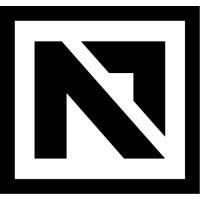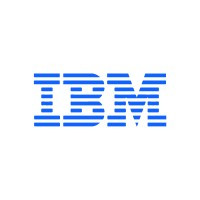About Our Client
They're developing autonomous technology deployed in real-world environments: vehicles navigating urban streets and delivery robots serving customers daily. To scale safely, they've built machine learning infrastructure that's foundational to their development: state-of-the-art deep learning architectures—including CNNs, Transformers, and MLLMs—power both onboard and offboard systems, with continuous training and validation ensuring tight parity between models and production. The ML platform is how autonomy engineers validate perception, how teams optimize deployment, and how they gain confidence in system safety and performance.
The team you'll join builds this core capability, supporting researchers exploring cutting-edge techniques and engineers integrating solutions into real-world systems. If you're excited about ML infrastructure that directly enables safer, more capable autonomous systems at scale, you'll find meaningful problems to solve here.
About the Role
You'll design and develop production machine learning systems in Python and modern ML frameworks. You'll implement scalable, efficient models for complex autonomous challenges and collaborate with research and robotics teams to ensure performance, reliability, and real-world applicability. Key challenges include optimizing inference across diverse hardware platforms, managing and curating large-scale datasets, and translating cutting-edge research into deployable solutions.
What You'll Do
- Design and implement deep learning models optimized for autonomous systems
- Develop and maintain efficient training and deployment pipelines at scale
- Build and curate large-scale datasets and data infrastructure
- Optimize model performance and efficiency across diverse hardware platforms
- Explore and integrate cutting-edge ML techniques into production systems
What You'll Need
- 3+ years developing and deploying neural network-based algorithms in production
- Expert proficiency in modern ML frameworks (PyTorch, TensorFlow, or JAX) and Python
- Deep expertise in at least one ML domain: computer vision, large language models, or generative AI Working knowledge of C++, SQL, and distributed data processing tools
- Strong fundamentals in machine learning and neural network architecture
Nice to Have
- Advanced degree in Computer Science, Machine Learning, Robotics, or related field
- Experience with ML solutions for autonomous vehicles or robotics
- Familiarity with model deployment tools (TensorRT, Triton) and physics-based modeling
- Track record of independent execution and cross-functional collaboration
- Publications at top-tier ML conferences or open-source contributions

















